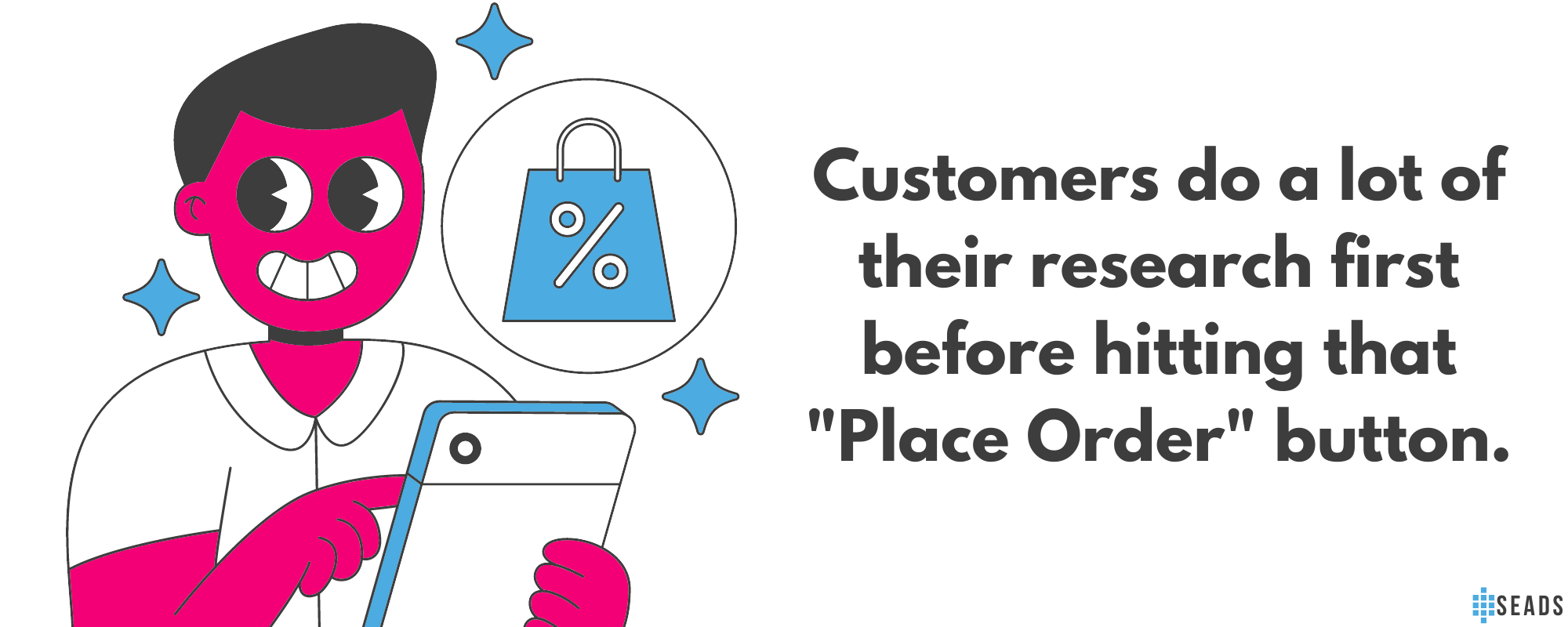The head of growth for Southeast Asia at DotDigital, Matthew McClelland, has highlighted the significant changes in consumer behavior and how it is shaping the way businesses should adapt to remain competitive in today’s digital economy.

According to McClelland, businesses that continue to rely on old strategies are at risk of falling behind. He emphasized the importance of developing digital-driven strategies to keep up with the rapidly changing consumer landscape.
He cited examples of brands like Toys R Us, Blockbuster, and Robinsons in Singapore that failed to adapt and suffered the consequences. Companies that are solely reliant on their established name and physical stores have a false sense of security and must make changes to stay relevant.
Traditional business models can easily be replaced if companies do not focus on advancing and innovating. McClelland highlighted the stark difference between marketplaces and traditional businesses in terms of shipment handling. While traditional sellers take about 3 to 4 days to deliver products, marketplaces offer regular updates on shipments, providing customers with details such as who is handling their shipment and when it will be delivered. This level of communication is lacking in traditional businesses.
Hypergrowth companies are also posing a threat to traditional retailers by leveraging social platforms to boost engagements and establish communities for their brands. Social media provides an accessible CRM platform, especially in today’s world where customer experience is owned by the world, not the brand.

McClelland emphasized that customers have higher expectations today. They often start their buying journey online by researching products and services before heading to physical stores. This shift in consumer behavior means that businesses must constantly evolve to meet the needs of their customers.
The head of growth also highlighted the importance of focusing on the present, as strategies that work now may not work in the future. Industries and markets are constantly evolving, and businesses must stay agile to remain competitive.
To remain competitive in the digital economy, businesses must adapt and embrace digital-driven strategies. Hypergrowth companies leverage social media to boost engagement, while meeting customers’ higher expectations requires constant evolution. The key takeaway is that companies must remain agile and focus on the present.